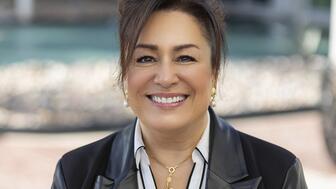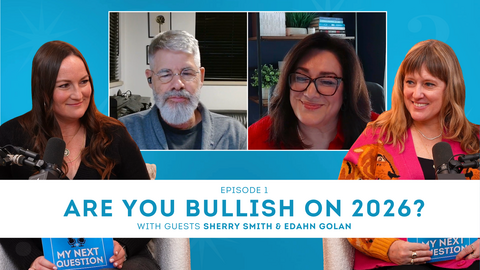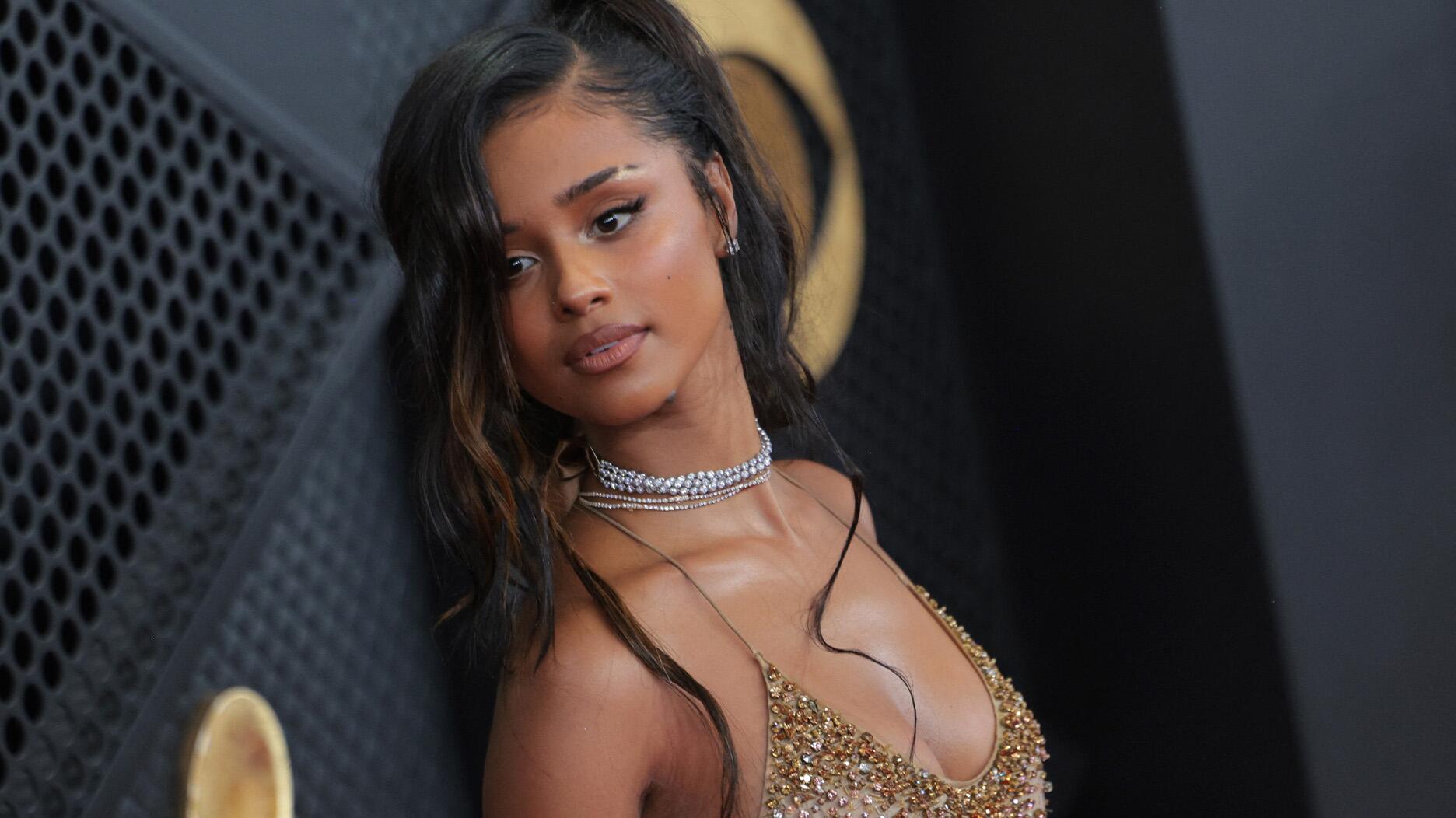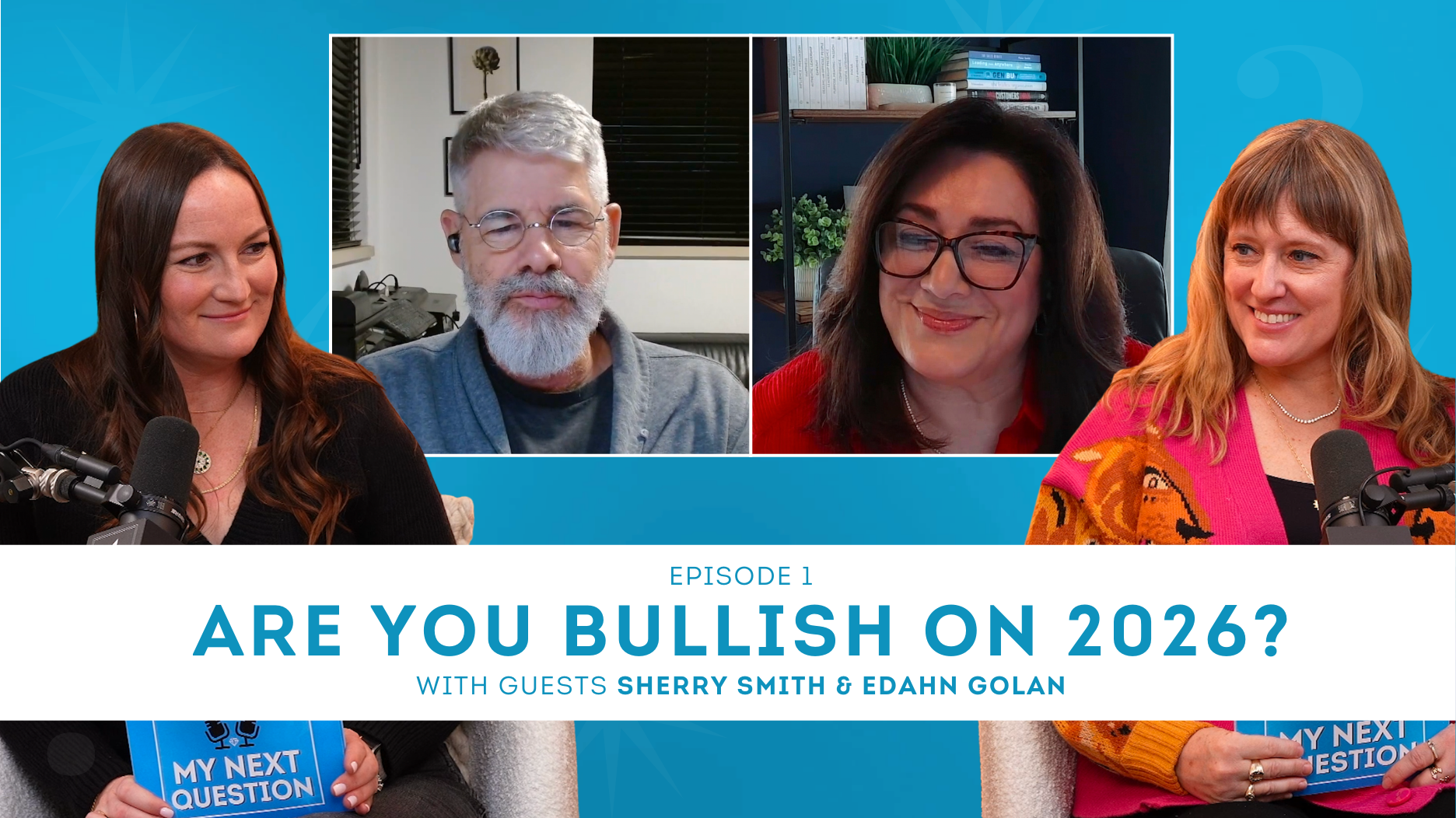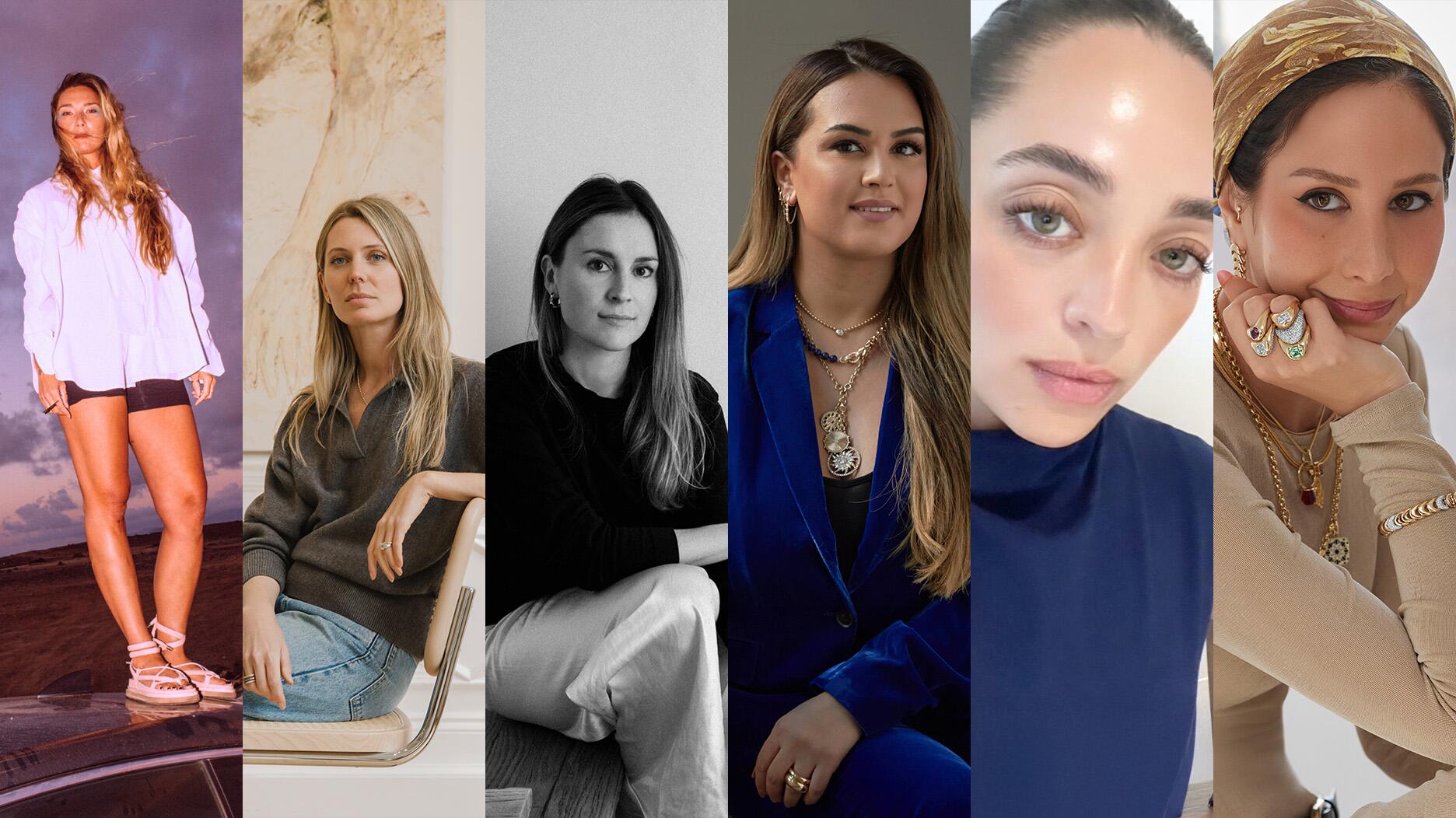Q&A: Bogolo Joy Kenewendo on Mining, Tariffs, and the Energy of Las Vegas
Following visits to Vegas and New York, Botswana’s minerals minister sat down with Michelle Graff to discuss the state of the diamond market.

The minister was part of a large delegation from Botswana that was attending the jewelry shows in Las Vegas before flying east for the World Federation of Diamond Bourses meeting in New York—a delegation that included the country’s new president, Duma Boko.
This time around, we talked about President Donald Trump’s tariffs and their potential impact on Botswana’s aim to cut and polish its own diamonds; the importance of differentiating natural diamonds from lab-grown diamonds; and her impression of the Las Vegas shows.
This interview has been edited for length and clarity.
Michelle Graff: On Friday, June 6, Debswana announced it was pausing production at Jwaneng Cut-9 and Orapa in order to cut costs amid the downturn.
Can you talk about the process that goes into making such a decision for the country, and how long the pause is expected to last?
Bogolo Kenewendo: When we make such a decision, as you can imagine, it takes quite a long time of consultation, and it is to ensure that we are guaranteeing the sustainability of the business, that it will be able to withstand any further shocks and then come back stronger when it is needed to do so.
If you look at the figures, you’ll see that between 2022 and 2024 production in itself has gone down by 64 percent, which means it has been a gradual decline in production as a response to how badly the market has been performing.
What you’re seeing now is more of a lagged response. It’s been a long time coming to reduce production, to work on efficiencies, mainly to ensure the sustainability of the business when the industry comes back.
[At Orapa], what you’re seeing right now is more of a technical pause. It happens every year to ensure that our safety standards are well abreast, that mechanics are doing well.
What I thought you were mentioning is mining of the tailings, which, of course, we usually go into the tailings as well to see if there are any remnants there. But we’ve paused that, and not necessarily paused the main mine.
Now I’ll go to Jwaneng, which is the largest [diamond] mine in the world.
In Jwaneng, we haven’t paused production. We’ve been working on going underground and … it’s well [ahead of] the timelines we had set for mining underground.
What we’re doing is just slowing down the process of going underground. We are not necessarily stopping mining, because the mining in that project hadn’t really started in the underground portion.
We are just navigating reducing costs, working more on efficiencies. The fact that this project had already started to surpass all the set targets is a positive thing.
MG: Debswana has been offering voluntary separation, correct? You’re not doing any layoffs.
BK: Yes, we’ve been offering voluntary separation. Several people have taken those [packages] … and most of them are actually coming back as suppliers to the company.
There’s been such an interesting structural shift that we’re seeing in the market where some services are not needed all the time [but] they might be needed at certain points. So, removing some of those employees and then them coming back as contractors is working towards those efficiencies.
“We want to ensure that … when we say Botswana is the center of the diamond world, it truly becomes the center of the diamond world.”— Bogolo Joy Kenewendo, Botswana minster of minerals and energy
MG: I read a local news report in which the president of Botswana, Duma Boko, talked about the diamonds that are mined in Botswana being cut and polished in Botswana. Can you talk a bit more about the country’s beneficiation plans?
BK: What that statement essentially meant was, we want to ensure that more of our partners come here, that when we say Botswana is the center of the diamond world, it truly becomes the center of the diamond world.
There is beneficiation, there’s cutting, polishing, there’s jewelry, there’s trading, not only of diamonds, but of other gems, which is what he just announced [at the World Federation of Diamond Bourses meeting in New York]—that we are working towards a Botswana Mercantile Exchange to ensure that we are getting as much value out of our minerals, not only in Botswana but even in the region, as we can.
We want to develop Botswana into that central point of the mining industry and not just diamonds, copper, other gemstones, other precious stones, as well.
There’s a lot we can do with our minerals, and we’re seeing it happen elsewhere.
The DMCC (Dubai Multi Commodities Centre) is essentially hinged on trading minerals that they don’t have. So, we’re thinking, if the DMCC in Dubai … is able to do that and run a thriving exchange, then we should position ourselves to do so as the center of the diamond world.
Given all the other rare earth minerals that we have, we really do want to position ourselves to capture more value, more activity, and to be right at the heart of the play in the mining industry.
“Tariffs don’t only hurt the natural diamond producers or the cutters and polishers in India, it also hurts the diamond and jewelry industry in the U.S.” — Bogolo Joy Kenewendo, Botswana minster of minerals and energy
MG: President Trump’s now-paused so-called reciprocal tariffs place a 37 percent tax on imports from Botswana into the U.S. Is the government of Botswana currently negotiating that?
Obviously, the proposal tariff of 37 percent would make it difficult to cut and polish diamonds in Botswana and then import them into the U.S. as a product of Botswana as it is higher than the proposed rate on goods imported from India, 26 percent.
BK: The tariffs, when they hit, we were seeing this growth, slow growth, in the diamond industry. In January, we had projected, actually, that by July, we should have a nice, bouncy market in the diamond industry.
When the tariffs hit, you could see hesitation of buyers, uncertainty if now these stones are going to be a lot more expensive, if the market will receive them well.
We have since really engaged the American government on a universal exemption of tariffs around natural diamonds, in line with what they’ve done for other critical minerals and other minerals that the U.S. has said, “we don’t have these minerals, we need them in our industry, they offer so many jobs, they create a vibrant industry.”
These tariffs don’t only hurt the natural diamond producers or the cutters and polishers in India, it also hurts the diamond and jewelry industry in the U.S.
So, that is a direction that we’ve been taking, we’ve been engaging, and we remain really hopeful that we will come to a solution.
MG: Where are you in those talks? Can you give any indication of how soon you think they might be resolved?
The pause on the reciprocal tariffs is supposed to expire in July. Now, whether that will be extended, nobody is sure.
BK: I am unable to comment on that. All I can say is, we are full throttle, headfirst into ensuring this happens.
It’s not just the government of Botswana doing this, it’s a lot of partners—De Beers, Tiffany, the World Diamond Council, Natural Diamond Council, everybody is really rallying behind this strategy of the exemption of the natural diamond.
MG: Is the Botswana delegation making a trip to Washington, D.C., while you’re here in the United States?
BK: This time around no, but our vice president was in D.C. during the IMF (International Monetary Fund) meetings, and I’m in constant communication with the relevant offices.
MG: What was your perception of the energy and the mood, if you will, at the Las Vegas jewelry trade shows?
BK: Oh, overwhelming. (Laughs)
MG: Was that your mood or the general mood?
BK: I think both really (laughs), but certainly, very, very overwhelming. It’s so busy, I have picked up so many ideas of what we can do next.
The launch of the House of Botswana was well received. We’ve had really good feedback about having a natural diamond producer participating in the JCK [show] and participating in such a big way.
We also launched the Botswanamark for House of Botswana, what it stands for—organic luxury and ensuring that all of our clients, and those who didn’t even know they are our clients, can resonate with the messaging of the Botswana story of provenance and all of the work that we’re doing around Tracr, with De Beers, with GIA, with Okavango Diamond Company also, making this announcement that it has been piloting Tracr for the last three sales.
What’s important for us now coming out of JCK is all the trade missions we have now arranged with several jewelers, independents who want their customers, their high-net-worth customers, to really resonate with the Botswana story, to do mining tourism.
Go to Jwaneng to see what the queen of mines looks like, and experience the rarity, the extensive work that comes with just bringing that one exclusive diamond up to the [surface] and for it to end up on your ring.
Then, of course, we ship you over to the Okavango Delta, where you get to experience the most pristine and beautiful wildlife experiences and safari that you can’t get anywhere else.
That’s what we are about—rarity, luxury, impact.
MG: So, generally, you thought the mood at JCK Las Vegas was upbeat?
BK: It was very upbeat, it was exciting. Our message was well received, and we’re seeing growth in the market.
We’re hoping that that excitement that we felt at JCK will be translated into sales in the mid- and downstream and eventually be translated to us.
That eventuality we’re hoping is sooner rather than later because, again, the delay in clearing the stockpile in the mid- and downstream really delays the clearing of the stockpile in the mines.
The money we get from there powers health care, education, government functionality. It is a very important thing that we are looking out for.
We have been working with different partners. It’s not only about dealing with the tariffs; it’s also about differentiation.
You know, when we’re working in differentiation, differentiating our product, natural versus synthetic, we want to ensure that even at point of entry, that differentiation happens.
We’ve been looking at the differentiation of HS (Harmonized System) codes, of trading codes, that diamonds and synthetics are not traded through the same line, that they are separate even at that point so that the consumer knows exactly what they are buying.
GIA recently announced that it will do a different grading program for synthetics, and not use the four Cs, because this was also very confusing to the consumer, and we’ve been working with them, pointing out to them why this has been such a dangerous move from inception that they are grading synthetics the same way they grade natural diamonds because in reality, they are not the same.
The impact they give is not the same, even the clarity, the carats, it’s just all not the same.
For them to have announced that following our continued lobbying was very much welcome.
Then, as part of our agreement with De Beers, was that they also reduce this focus on synthetics.
As you know, they started and launched Lightbox at JCK in 2018, a move we think blurred the lines between natural diamonds and synthetics, and it confused the consumer.
The recent closure of Lightbox aims to work towards that further differentiation.
MG: You mentioned GIA making the announcement about lab-grown diamonds, which, of course, everybody was very interested in. But, are you talking at all with the International Gemological Institute, IGI? They grade a much higher percentage of the lab-grown diamonds than GIA.
BK: We are engaging, and we intend to ensure that, you know, this is a well spread-out campaign and lobbying, that it would also consider handling synthetics a much more different way to natural diamonds.
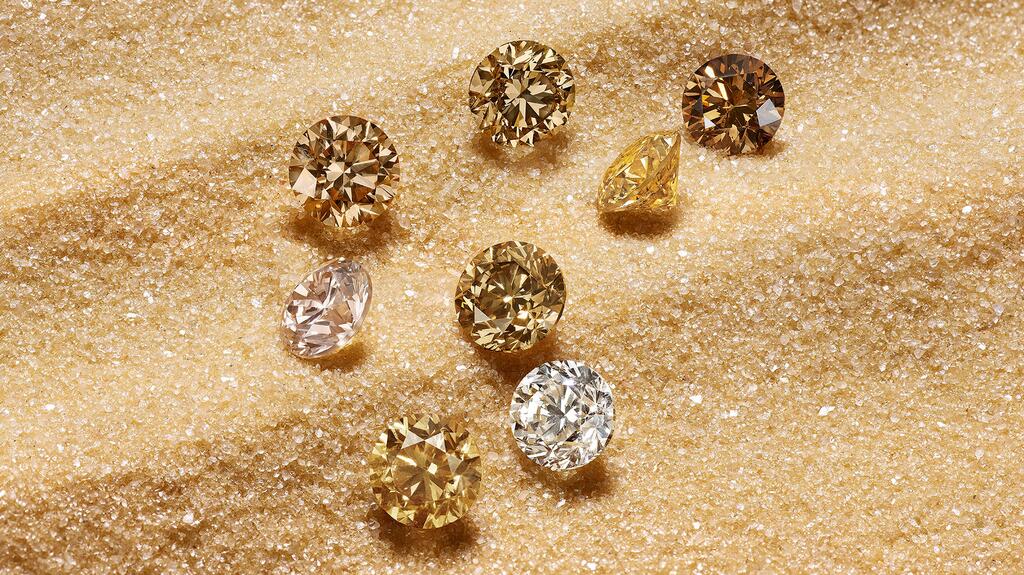
MG: One last question: What was independent jewelers’ feedback on the “Ombré Desert Diamonds,” De Beers’ new beacon program?
Interestingly, the day before De Beers out announced “Ombré Desert Diamonds,” I was talking with a jewelry designer who said that a lot of her clients are now asking for diamonds with a little bit of a tint to them because they’re buying a bigger diamond, and they don’t want people to think it’s lab grown; they want to make sure people know it’s natural.
BK: The market has responded really well to “Desert Diamonds” and I think it was also a very good time to launch “Desert Diamonds” because the market demands colored stones right now.
Then, to your point, I think it’s because synthetics haven’t fully been able to replicate the beautiful colored stones or ones with just a hint of imperfection, right? You know, a little cloud here, a little feather there. People love those.
The Latest
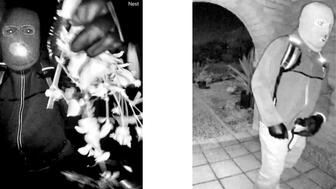
Guthrie, the mother of “Today” show host Savannah Guthrie, was abducted just as the Tucson gem shows were starting.

Butterfield Jewelers in Albuquerque, New Mexico, is preparing to close as members of the Butterfield family head into retirement.
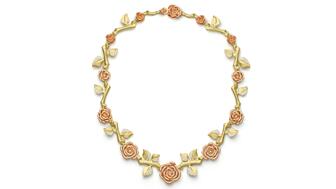
Paul Morelli’s “Rosebud” necklace, our Piece of the Week, uses 18-karat rose, green, and white gold to turn the symbol of love into jewelry.
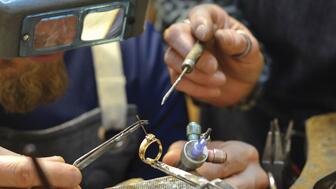
Launched in 2023, the program will help the passing of knowledge between generations and alleviate the shortage of bench jewelers.

The nonprofit has welcomed four new grantees for 2026.


Parent company Saks Global is also closing nearly all Saks Off 5th locations, a Neiman Marcus store, and 14 personal styling suites.
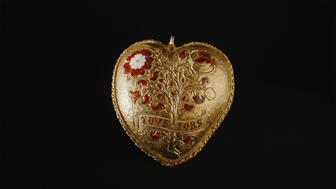
It is believed the 24-karat heart-shaped enameled pendant was made for an event marking the betrothal of Princess Mary in 1518.

Criminals are using cell jammers to disable alarms, but new technology like JamAlert™ can stop them.
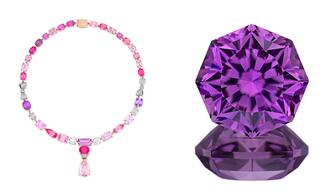
The AGTA Spectrum and Cutting Edge “Buyer’s Choice” award winners were announced at the Spectrum Awards Gala last week.
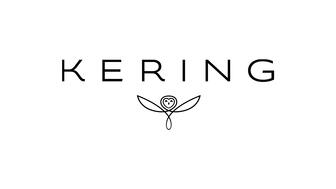
The “Kering Generation Award x Jewelry” returns for its second year with “Second Chance, First Choice” as its theme.
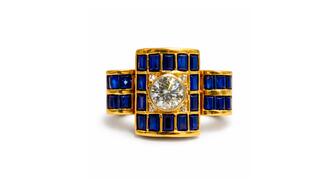
Sourced by For Future Reference Vintage, the yellow gold ring has a round center stone surrounded by step-cut sapphires.
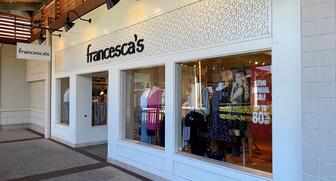
The clothing and accessories chain announced last month it would be closing all of its stores.

The “Zales x Sweethearts” collection features three mystery heart charms engraved with classic sayings seen on the Valentine’s Day candies.

The event will include panel discussions, hands-on demonstrations of new digital manufacturing tools, and a jewelry design contest.
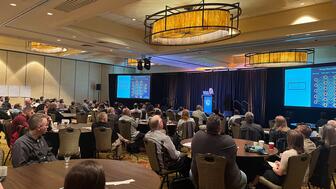
Registration is now open for The Jewelry Symposium, set to take place in Detroit from May 16-19.
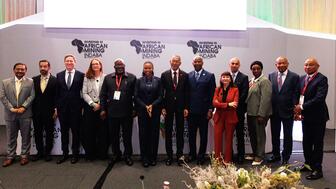
Namibia has formally signed the Luanda Accord, while two key industry organizations pledged to join the Natural Diamond Council.

Lady Gaga, Cardi B, and Karol G also went with diamond jewelry for Bad Bunny’s Super Bowl halftime show honoring Puerto Rico.
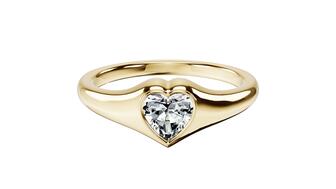
Jewelry is expected to be the No. 1 gift this year in terms of dollars spent.
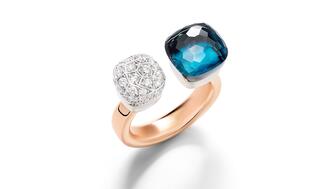
As star brand Gucci continues to struggle, the luxury titan plans to announce a new roadmap to return to growth.
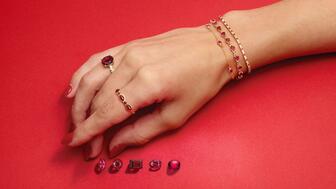
The new category asks entrants for “exceptional” interpretations of the supplier’s 2026 color of the year, which is “Signature Red.”
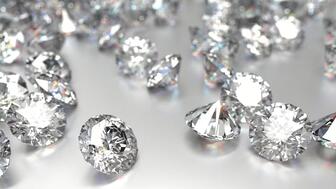
The White House issued an official statement on the deal, which will eliminate tariffs on loose natural diamonds and gemstones from India.
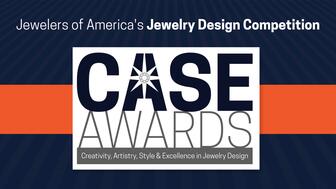
Entries for the jewelry design competition will be accepted through March 20.
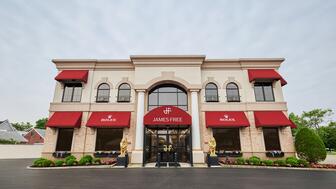
The Ohio jeweler’s new layout features a curated collection of brand boutiques to promote storytelling and host in-store events.
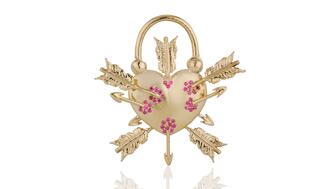
From heart motifs to pink pearls, Valentine’s Day is filled with jewelry imbued with love.

Prosecutors say the man attended arts and craft fairs claiming he was a third-generation jeweler who was a member of the Pueblo tribe.
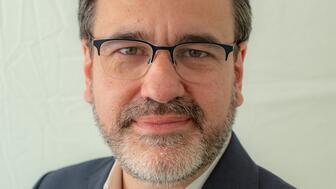
New CEO Berta de Pablos-Barbier shared her priorities for the Danish jewelry company this year as part of its fourth-quarter results.
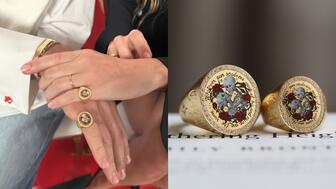
Our Piece of the Week picks are these bespoke rings the “Wuthering Heights” stars have been spotted wearing during the film’s press tour.




